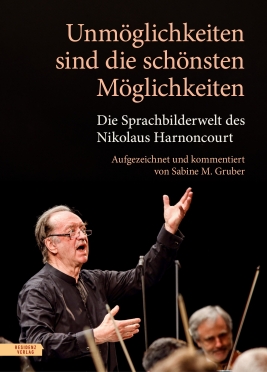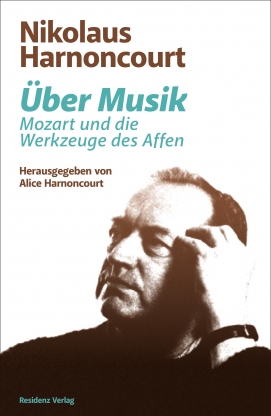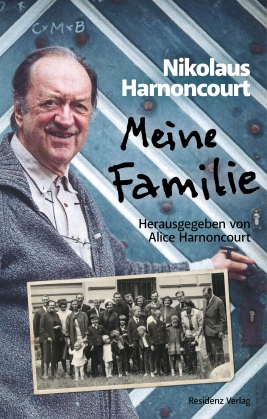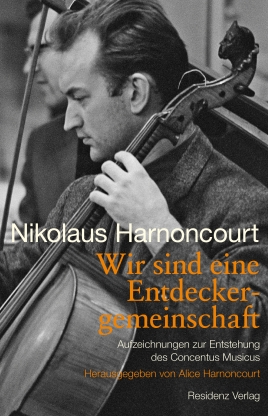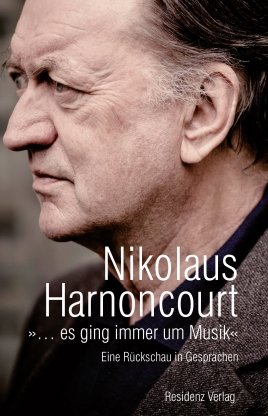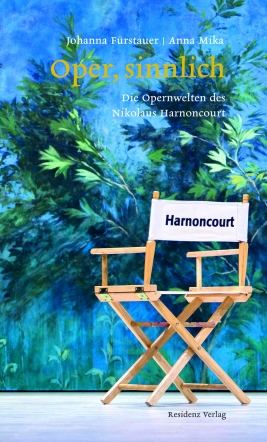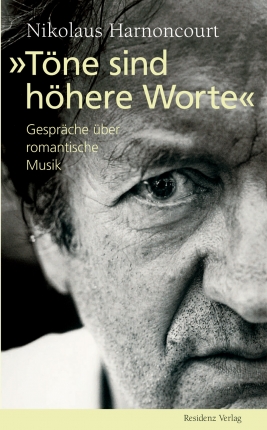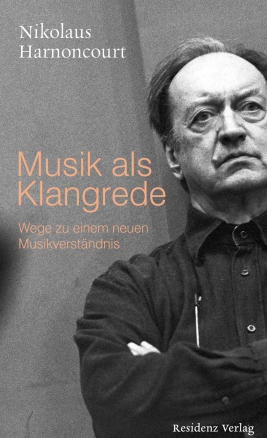
Nikolaus Harnoncourt - Music as Speech – Ways to a New Understanding of Music
Wege zu einem neuen Musikverständnis
Das Schlüsselwerk zum Verständnis von Nikolaus Harnoncourts musikalischer Praxis – stilbildend und wegweisend. Dieses Buch lehrt einen, anders zu hören, verstehend zu hören
In these essays, Nikolaus Harnoncourt summarizes his views arising from years devoted to the performance of early music. The problem of interpreting historical music is particularly critical in our age, when modern music has little aPaperbackeal for the listening public. For performers and audiences to understand music of earlier times, they must learn to comprehend the languages and messages of the past.
Book details
304 pagesformat:125 x 205
ISBN: 9783701731664
Release date: 10.07.2009
License rights
- Finland
- France
- Japan
- Russia
- Spain
- South Korea
- United States
- China






